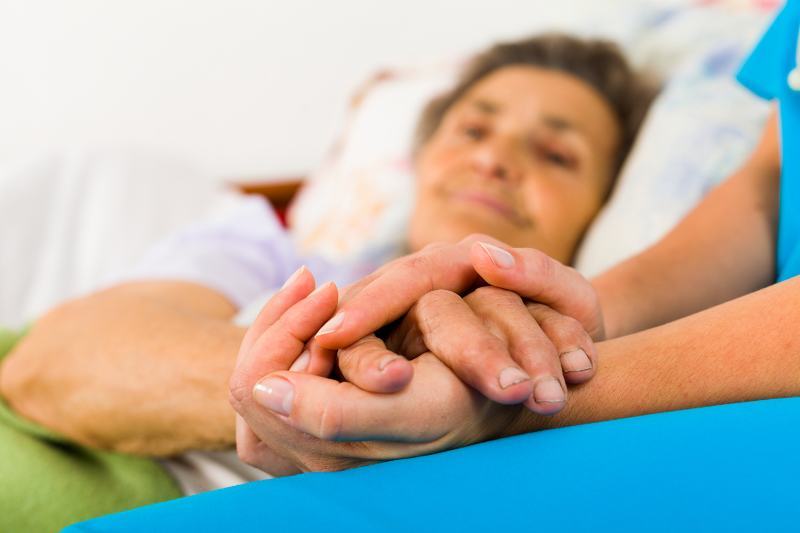In the first study of its kind, researchers have discovered that patients who are receiving care from out-of-hours commercial providers are reporting poorer ratings compared with NHS providers or not-for-profit organisations.
Researchers from the University of Exeter led the study and analysed responses from over 80,000 patients who replied to the official GP patient survey in England, reporting on their experiences of using out-of-hours services in the last six months. They found that, on average, lower ratings were reported for experiences with some organisation types, comparing NHS providers and commercial providers with not-for-profit organisations. The commercial providers were reviewed as lowest overall, with NHS providers scoring highest by a small margin.
The findings, published in the British Medical Journal (BMJ) today (1st May), were based on three factors. These were the timeliness of the care received, the trust and confidence that the patients had in their out-of-hours doctor or nurse and their overall experience of the care they were given, with all rated on a scale of 0 to 100. The commercial sector scored a total of 69 out of 100 for overall experience, with not-for-profit scoring 72 and the NHS scoring 73.
Fiona Tinsley, Medical Negligence Solicitor at Clear Law, said: “The findings of this study raise concerns with regards to the current state of out-of-hours services being provided by commercial providers.
“The quality of patient care must remain paramount at all times and the scores collated in this study are low for all providers, suggesting that there are some issues with regards to the care currently being offered by the NHS and not-for-profit organisations too.”
Professor John Campbell, of the University of Exeter Medical School, a GP and researcher who led the study, said: “This is a large scale and robust study, and yields interesting results that warrant further investigation and understanding.
“It is important to exercise caution in interpreting the results. Although commercial providers scored lower overall, the best commercial providers scored higher than many of the NHS and not-for-profit providers. There are variations and examples of good practice among all providers, but the overall trend is that patients report less positive experiences with commercial providers, and we now need to understand why that is the case.”
Dr Fiona Warren, of the University of Exeter Medical School, led the statistical analysis. She said: “This was the first study in recent times to link such a large number of patients with their out-of-hours provider via their GP surgery. This was a significant undertaking and has yielded interesting results. We believe that the statistically significant differences of three points between organisation types represents a practical difference in patient experience, and an opportunity for quality improvement.”
